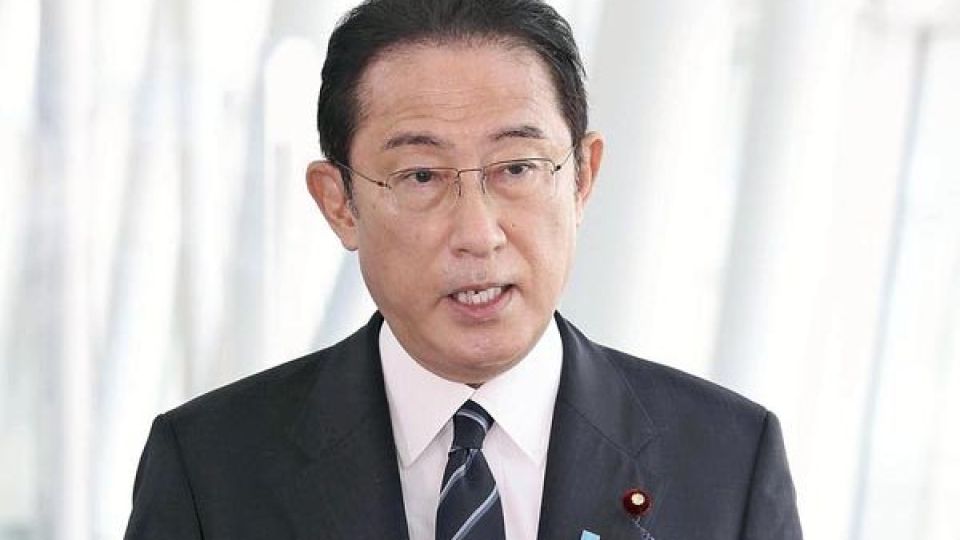February 15, 2022
TOKYO – Coronavirus-related border control measures for nonresident foreigners may be eased in March, starting with businesspeople and students, according to government sources.
Current regulations ban the entry of nonresident foreigners in principle, with the aim of preventing the spread of the omicron variant.
The government has been discussing whether to extend these controls, which are slated to remain in place until the end of this month.
There have been calls from the business community and ruling parties for the rules to be relaxed, and the government has likely concluded the need for strict border control measures has decreased due to the omicron variant becoming dominant among domestic infection cases.
The upper limit of entries into Japan stands at about 3,500 per day, but the government plans to gradually increase this number to about 5,000, the sources said.
The government is expected to announce its policy shift by the end of this week after examining the present infection situation.
“I’d like to review the framework of border control measures and consider relaxing them,” Prime Minister Fumio Kishida said during a visit to Haneda Airport on Saturday.
Prior to Nov. 30 — when the current measures were enacted — the government allowed foreign businesspeople, students and technical interns to enter the country under certain conditions.
Allowing such personnel to enter Japan is eyed as part of the policy change.
The government is also considering shortening the seven-day self-isolation period to three or five days for people returning to or entering Japan if they have received a COVID-19 vaccine booster shot, the sources said.
Currently, only nonresident foreigners who fall into a “special circumstances” category are allowed to enter the country.
According to government officials, a total of about 1,400 foreign students were granted access in January and February.

